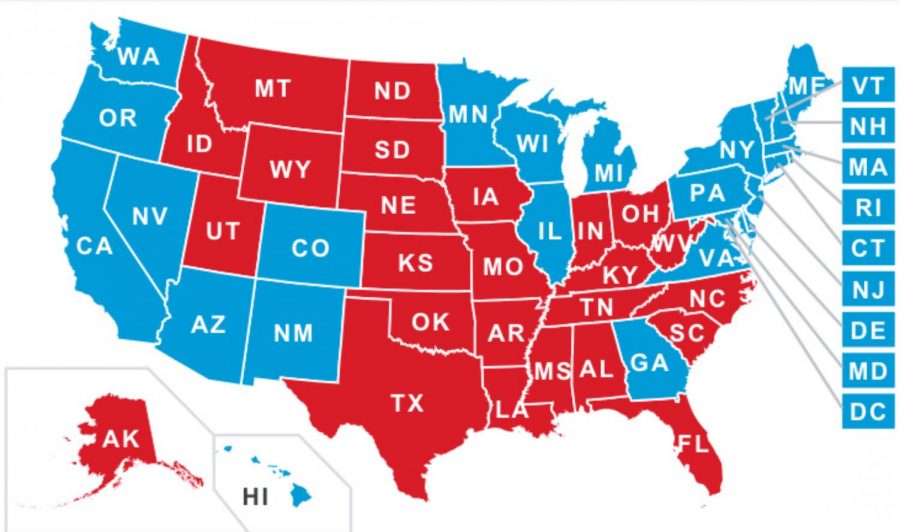How Does Voting Work?
As seen in this recent presidential election, many people are not entirely sure of how voting works. Some claim that individual votes do not matter in the end and others claim that every vote counts.
To clarify a few things, elections for the presidency happens every four years. To vote, you have to be eighteen years or older and have registered to vote before the election date: November 3rd. Whomever wins the election is not technically the president until he or she is sworn into office on January 20. During this “lame duck” period, he or she is simply called the president elect and does not hold any power yet, and therefore cannot make orders or demands yet.
In short, voting has two parts: the popular vote and the Electoral College. Under the popular vote, registered voters vote for any of the candidates. How you vote is normally determined by state law, be it in-person, electronically, or by mail. The candidate who wins the majority of the vote in a state gets all of that state’s electoral votes. The only exception to this is Nebraska and Maine, who divide the electoral votes proportionally to each candidate. Electoral votes are proportional to the state’s representation in Congress. Each state gets two electoral votes from its senators, and more for its representatives in the House. So, each state has at least three electoral votes. The higher the population of a state, the more electoral votes it has. The candidate that receives the most electoral votes is declared the winner. In the rare case of a 50-50 tie, the House of Representatives decided the winner.










